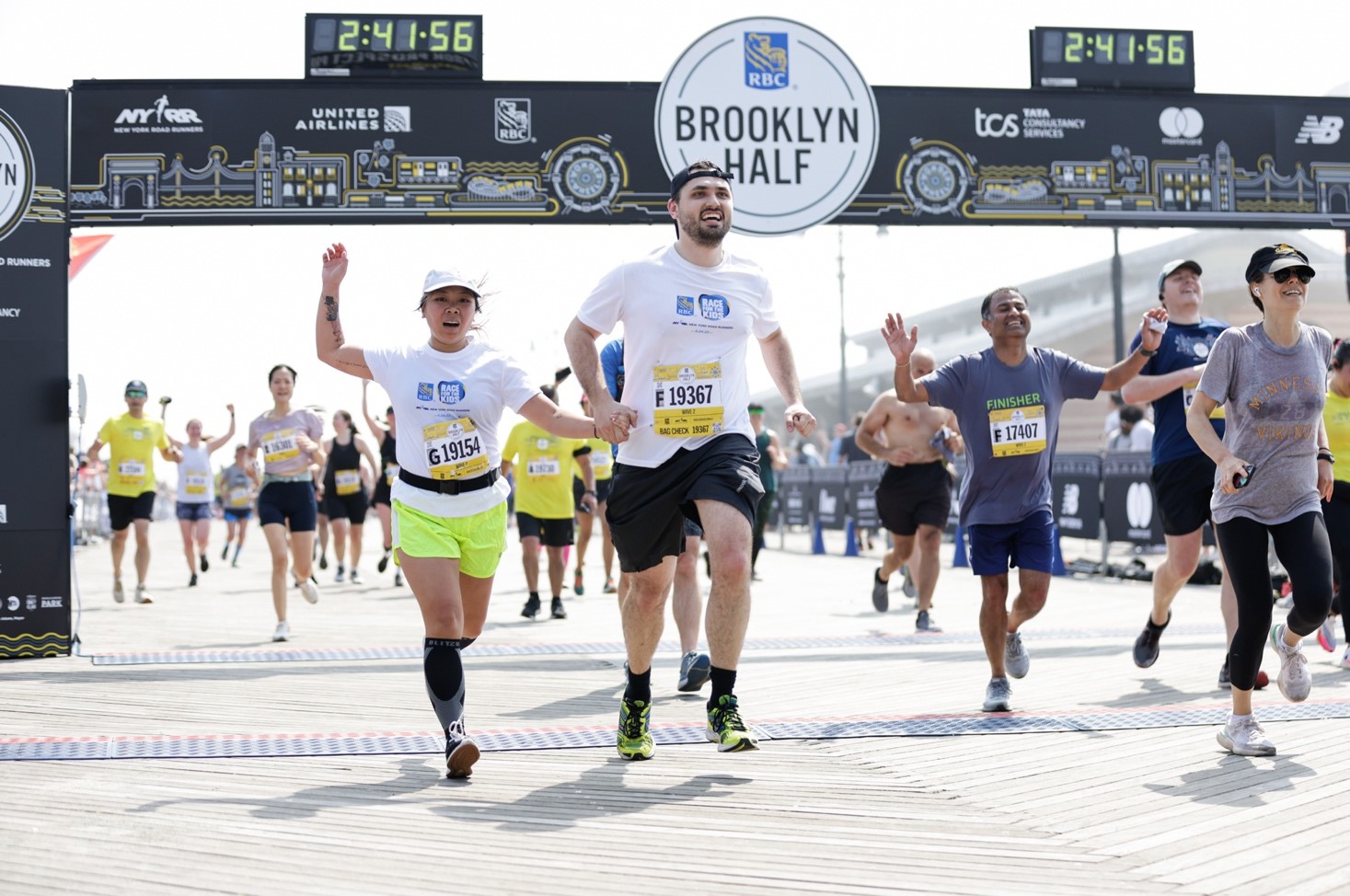It wasn’t necessarily the patient number they were applauding when Ignacio Esparza left St. Mary's General Hospital in Passaic on May 5. It was the miracle that he was being released at all – he had died within minutes of arriving there nearly a month before.
Esparza had been sick at home for two weeks before he went to the ER St. Mary’s on April 9. He had first tried to make it to Hackensack University Hospital where he had undergone a kidney transplant just seven months prior in September, a procedure which made his health more compromised.
With his suppressed immune system, his family had tried to get ahead of COVID-19, telling NBC New York they had been taking precautions as far back as February, including being careful about coming into the home, cleaning doorknobs and washing their hands.
But by the time he arrived at the hospital, he had already gone into cardiac arrest, according to Dr. Jonathan Ramharack.
“He already had severe respiratory distress which led him to have a cardiac arrest,” Ramharack said. “He was revived in the ER at St. Mary’s by a wonderful team of ER physicians and staff, (and) was placed on life support pretty much at the onset of his admission.”
His kidney procedure months earlier made treating the illness that much more difficult. Ramharack said that given he had a renal transplant, was immuno-suppressed and went into cardiac arrest, long-term life support odds were “definitely against him.”
Local
Esparza was near death, having spent a nearly a month on a ventilator – including two weeks in a coma.
“There were some days I wasn't sure if he would be around the next 24 hours, especially in the beginning,” Ramharack said. “We would have to relay that to his family over the phone. That wasn’t easy.”
His family could only pray and wait anxiously for updates from the hospital.
“Our hearts dropped every single time the phone would ring but we always kept our faith and always hopeful,” Esparza’s son Rafael told News 4. “This wasn’t the first time we had close calls, so we knew he fought back then, we knew he’d do the same this time again.”
Their faith was rewarded early one Saturday morning.
“I walked in the room and he just woke up, interacted with me, followed some commands, nod yes and no,” said Ramharack. “I said, ‘This guy is gonna make it.’”
Forty pounds lighter, but with a renewed spirit, Esparza did make it. He is in rehab, and his family still hasn’t gotten to see him in person yet, but do speak with him through video chats.
“He has to take breaths between each word but gets his point across,” said daughter Gabriela. “When he first woke up, he asked what happened. And then when he could talk a little better, he was like, ‘Did you guys pay the bills? Did you guys clean the yard? He was already telling us what to do.”
Right away, he was back to being a dad – thanks to his will to live, and a team of health care workers who ensured he would come back.
The family expressed how grateful they were for all the medical workers who helped their father along the way. But Ramharack said there may have been something beyond their control that helped Esparza win his battle.
“We made sure we did all we could to help him, but it really was divine intervention with this patient,” he said. “It reinvigorates your enthusiasm, it reinvigorates your hope for the patients. We needed a win, you know, just to really help our own mental state to keep going forward.”
His family meanwhile is just looking forward to seeing him period. “He can’t stand up yet, we told him as soon as he can stand up and get to a window, we’re gonna be there!” they said.
With any more luck, Esparza may just be home in time for what will undoubtedly be a very special Father’s Day.



